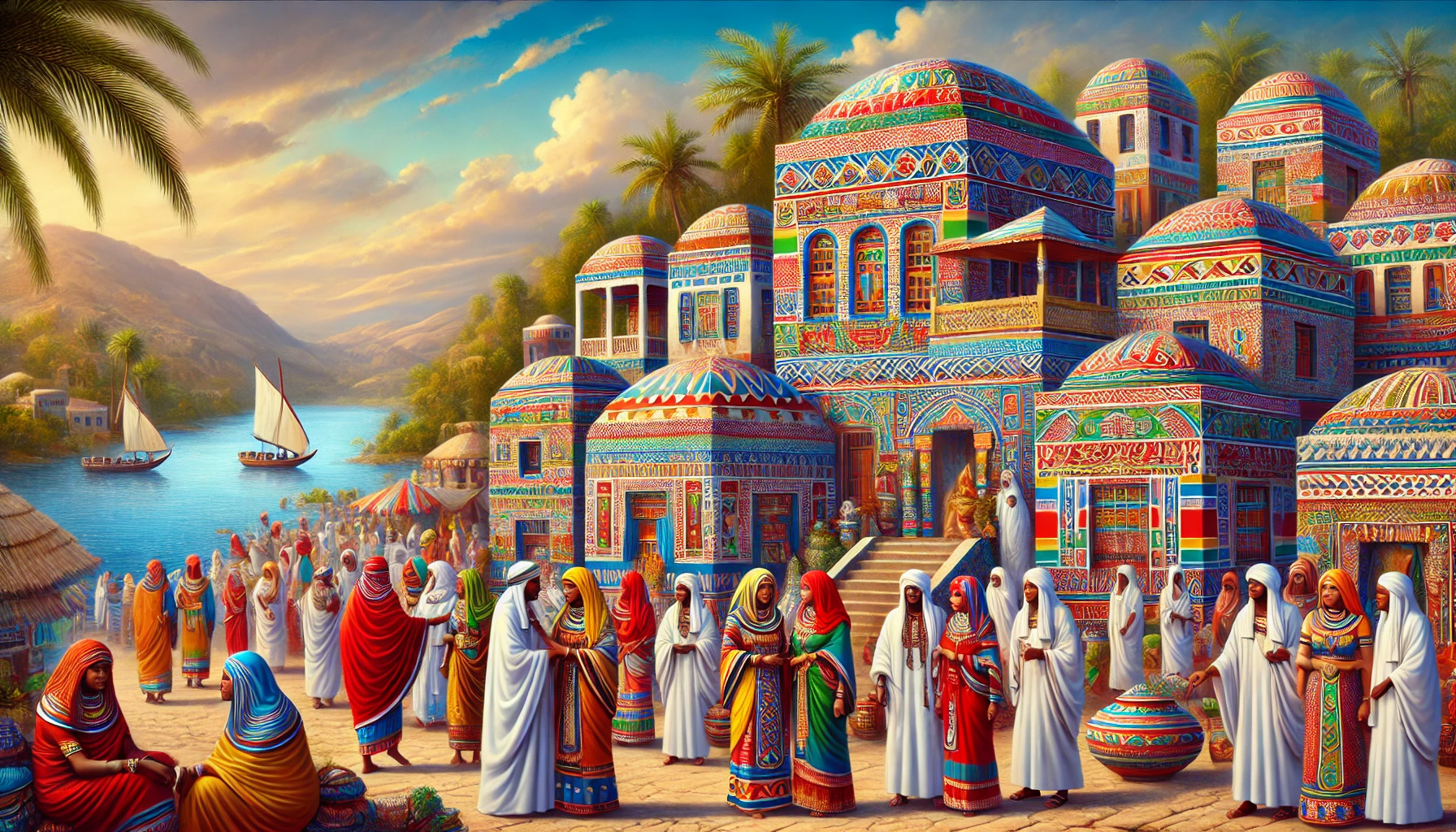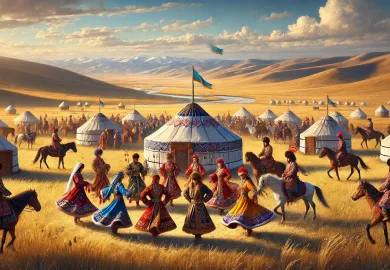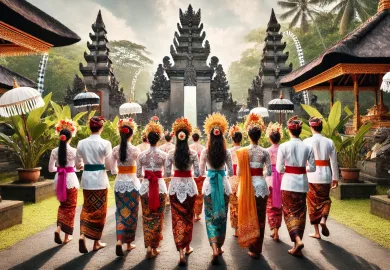
The Nubian people, with their deep-rooted history and vibrant culture, represent one of the oldest civilizations in Africa. Their legacy is interwoven with the story of ancient kingdoms, the mighty Nile River, and a distinct identity that has endured through millennia. Today, the Nubians continue to preserve their unique traditions and cultural expressions, contributing to the rich mosaic of African heritage.
The Ancient Origins of the Nubian People
The Nubian people trace their ancestry to ancient Nubia, a region located along the Nile River, spanning the areas of present-day southern Egypt and northern Sudan. This area, often referred to as the “land of gold,” was home to some of the earliest civilizations in Africa, predating the famous dynasties of ancient Egypt. The Nubians established powerful kingdoms, such as the Kingdom of Kerma, the Kingdom of Kush, and the Meroitic Kingdom, which thrived for thousands of years.
The Kingdom of Kerma, one of the earliest Nubian kingdoms, flourished between 2500 and 1500 BCE. It was known for its advanced urban planning, impressive architecture, and vibrant trade networks that extended across the region. The Kingdom of Kush, which rose to prominence around 1070 BCE, is perhaps the most famous Nubian kingdom. It not only conquered Egypt but also established the 25th Dynasty, known as the “Kushite Dynasty,” which ruled Egypt for almost a century.
Meroë, the capital of the Meroitic Kingdom, became a significant cultural and economic hub around 300 BCE. The city was renowned for its iron production, elaborate pyramids, and the development of the Meroitic script, one of Africa’s earliest writing systems. The Nubians of this era were known for their skilled craftsmanship, artistic expressions, and strong military prowess.
The Cultural Identity of the Nubian People
Nubian culture is a rich tapestry of traditions, languages, and customs that have been passed down through generations. The Nubians have their own distinct language, Nobiin, which belongs to the Eastern Sudanic branch of the Nilo-Saharan language family. Despite centuries of foreign influence and the spread of Arabic in the region, Nobiin has survived and is still spoken by many Nubians today.
Traditional Nubian music and dance are integral to their cultural identity. Nubian music is characterized by the use of drums, tambourines, and the “kisir,” a type of lyre. The rhythms and melodies of Nubian music often reflect the natural environment of the Nile, with its gentle flow and rhythmic cycles. Dance is an essential aspect of Nubian celebrations, where men and women perform in colorful attire, moving gracefully to the beats of traditional songs.
Nubian art and architecture are also distinctive, with their brightly painted homes being a hallmark of Nubian villages. These homes are often adorned with intricate geometric patterns and vibrant colors, reflecting the Nubian people’s connection to their environment and their artistic sensibilities. The traditional Nubian house is typically built from mud bricks and features high domed ceilings, which help keep the interior cool in the hot desert climate.
Nubian Traditions and Social Structure
The social structure of Nubian society is deeply rooted in family and community. Extended families often live close to one another, fostering a strong sense of unity and mutual support. Marriage within the Nubian community is highly valued, and traditional weddings are elaborate events that can last several days. These celebrations are marked by music, dance, and feasting, bringing together relatives and friends from far and wide.
Nubians have a rich oral tradition, with stories, proverbs, and songs being passed down through generations. These oral traditions often serve to reinforce social values, teach moral lessons, and preserve historical knowledge. Storytelling is a communal activity, often taking place during gatherings around a fire or during special occasions.
Religious beliefs have also played a significant role in shaping Nubian culture. Historically, the Nubians practiced a polytheistic religion, worshiping gods similar to those of ancient Egypt, such as Amun, Isis, and Osiris. However, with the spread of Christianity in the 6th century CE, many Nubians converted to the new faith, and Nubia became one of the earliest Christian kingdoms in Africa. Later, Islam spread through the region, and today, most Nubians identify as Muslim, though elements of their pre-Islamic traditions remain evident in their cultural practices.
The Resilience of Nubian Culture in Modern Times
In modern times, Nubian culture has faced significant challenges, particularly due to the construction of the Aswan High Dam in the 1960s. The dam’s construction led to the flooding of a large part of Nubia, forcing many Nubians to relocate from their ancestral lands. Despite this displacement, the Nubians have shown remarkable resilience in preserving their cultural identity.
The Nubians who were relocated to new areas in Egypt and Sudan have continued to practice their traditions, speak their language, and maintain their unique cultural expressions. In recent years, there has been a renewed interest in Nubian culture, both within the community and among scholars and tourists. Efforts are being made to document and preserve Nubian heritage, including the restoration of ancient sites, the promotion of Nubian language education, and the celebration of Nubian festivals.
Nubian artists, musicians, and cultural activists are playing a crucial role in keeping their traditions alive and sharing them with the world. Through music, art, and literature, they are telling the stories of their people and ensuring that Nubian culture continues to thrive in the 21st century. The global Nubian diaspora, particularly in Europe and the United States, is also contributing to the preservation and promotion of Nubian heritage.
The Nubian people, with their rich history and enduring cultural traditions, offer a powerful example of resilience and adaptation. As they continue to navigate the challenges of modernity, they remain deeply connected to their past, ensuring that the legacy of Nubia lives on for future generations.








